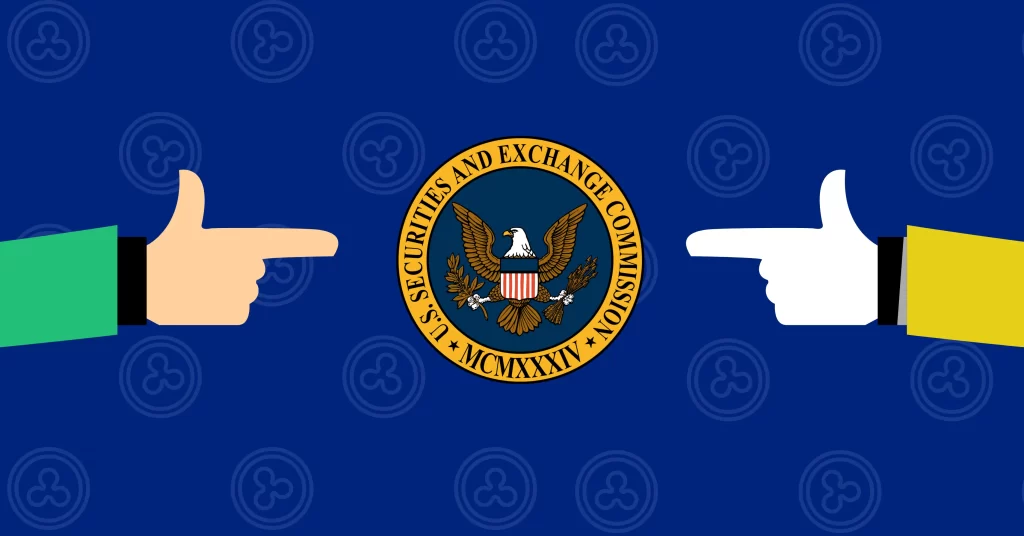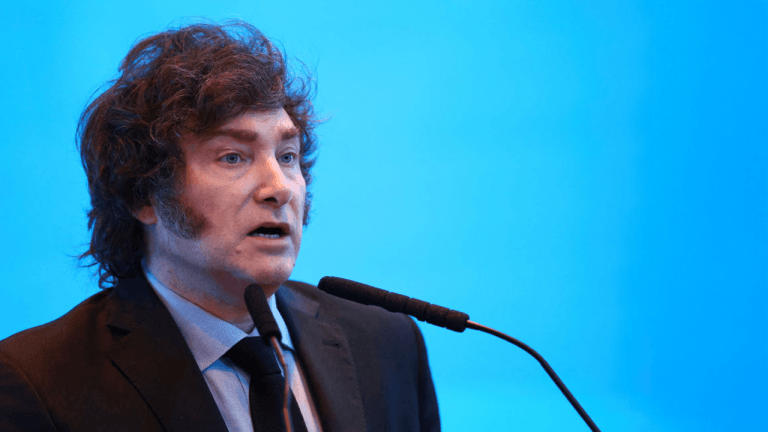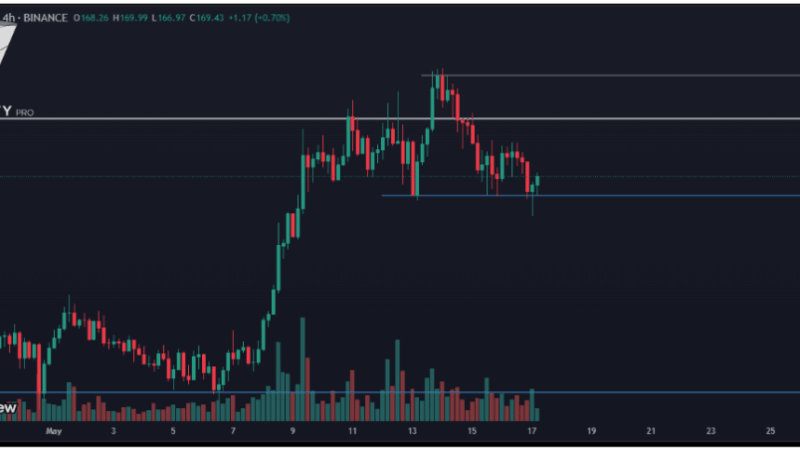Pro-XRP Lawyer Says SEC Lacks ‘Good Conduct,’ Asks Why FTX’s Sam Bankman-Fried Was Allowed to Meet Gary Gensler


The post Pro-XRP Lawyer Says SEC Lacks ‘Good Conduct,’ Asks Why FTX’s Sam Bankman-Fried Was Allowed to Meet Gary Gensler appeared first on Coinpedia Fintech News
John Deaton has opened up about the relationship between the cryptocurrency industry and the U.S. Securities and Exchange Commission (SEC), shedding light on the challenges faced by businesses seeking to comply with regulatory standards.
In a recent statement, Deaton echoed Coinbase’s Paul Grewal’s sentiments, stressing that the current strategy used by the SEC has unintended consequences. He emphasized the convoluted nature of asking for legal advice on lawfully selling tokens in the U.S., as the SEC perceives such inquiries as potential intent to violate Section 5 of the Securities Act.
Deaton was replying to Grewal, who said, “I’ve never understood the logic that seeking advice to comply with the law is proof of an intent to break the law. Sometimes, maybe most times, it’s actually the opposite.”
The lawyer said that he is not ranting against the SEC and added that he is just stating facts. Deaton pointed out that the SEC’s approach is confusing. When companies openly share information about their partnerships and token sales, the SEC uses this against them.
He said, “In fact, the current approach by the SEC deters good conduct. Asking a lawyer how one can sell a token lawfully in the U.S. is twisted and the SEC argues the advice was sought with the intent to violate Section 5 of the Securities Act.”
Deaton underscored his stance by drawing attention to specific cases within the industry. He referenced Brian Armstrong, CEO of Coinbase, who had previously been granted Acceleration approval for the public good. However, Armstrong’s attempts to meet with SEC Chair Gary Gensler went unanswered. However, Sam Bankman Fried of FTX had the opportunity for private meetings with Gensler.
The lawyer stressed, “The truth is that lawyers are advising clients and entrepreneurs NOT to cooperate with the SEC and NOT be transparent, at least for now. And that is the opposite of investor protection.”



